QUEBEC LACKS COURAGE
Programmed obsolescence, durability and repairability of products
It is no longer time for discussion, but for action! Heads of state and key world leaders gathered in Montreal this fall for the Conference of the Parties (COP15) on protecting biodiversity. Mesures Alternatives des Vallées du Nord (MAVN) joins the Coalition des associations de consommateurs du Québec (CACQ) in denouncing the lack of discussion on programmed obsolescence, repairability and sustainability of products.
COP15 in Montreal focused on five main human factors that endanger biodiversity:
- Exploitation of land and sea,
- Over-exploitation of biological resources,
- Climate change,
- Pollution,
- And invasive non-native species.
According to the Coalition, which published a brief to this effect in 2020, the lack of a legislative framework on programmed obsolescence, repairability and durability of products is largely responsible for four of these factors.
The Coalition is pursuing two objectives through its advocacy:
- To counter dishonest commercial practices (planned obsolescence)
- To extend the life of products in the context of a circular and sustainable economy.
The irreparability and short lifespan of most products leads to the abusive exploitation of our natural resources, and thus to the increasing pollution of our planet. These consequences have a direct impact on climate change, which threatens humanity and the planet’s biodiversity.
According to the Canadian Minister of Environment, Stephen Guilbault, COP15 progress is very slow. Is it any wonder that some of the major causes of the destruction of biodiversity are being ignored?
How can we protect marine areas, one of the main topics of this COP15, without discussing the “plastic islands” that are forming in our oceans and being overfed by the excessive waste caused by programmed obsolescence?
How can we protect terrestrial biodiversity when the exploration of natural resource extraction sites to replace our various technological devices, household appliances and other products is multiplying without a second thought?
However, since 2015, there has been a law in France governing the sustainability of products.
In 2020, the European Union also tackled programmed obsolescence with respect to mobile phones and the lifespan of their batteries.
In April 2019 in Quebec, Bill 197 was tabled in the National Assembly; it aimed to amend the Consumer Protection Act in order to fight against programmed obsolescence and enforce the right to repair goods.
CACQ went on to propose several legislative avenues based on what is in place elsewhere in the world. “Unfortunately, we are still waiting for the bill to be passed. Quebec is missing the boat as a pioneer of proactive legislation focusing on the circular economy and the fight against climate change” said Jacinthe Nantel of ACEF des Basses-Laurentides, a member of the Coalition.
However, these piecework laws, such as the European Union and France’s attacks on mobile phone providers – while necessary – are not enough. COP15 was an excellent platform to raise this issue and tackle it head on by adopting international strategies to fight the scourge.
The surplus of discarded products ends up in our seas, our oceans and our water tables. This overexploitation contaminates our soil and our agricultural land. In short, it is a terrible mess that pollutes our ecosystems and destroys our global biodiversity.
According to scientists, there is not much time left to stop the rise in temperatures and save our biodiversity, which is so important to the Earth’s ecosystem (of which humans are a part). It is therefore urgent that world leaders address the real issues, like programmed obsolescence, durability and reparability of products. The Coalition des associations de consommateurs du Québec (CACQ) is launching a global call to action on this crucial issue.
Coalition des associations de consommateurs du Québec (CACQ)

